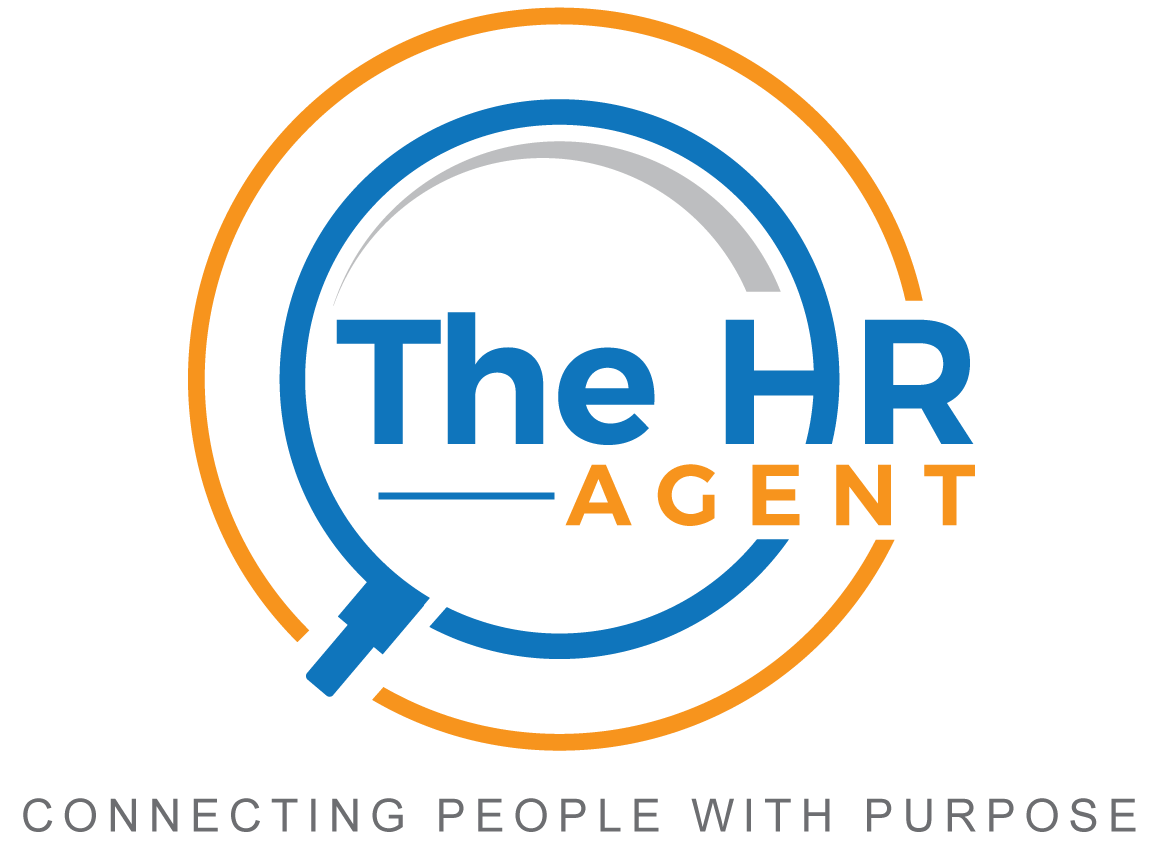5 Ways To Improve Your Interview Process
2020-10-28

The interview is the cornerstone of your entire hiring process. It’s an opportunity to get to know a candidate on a more personal level. The resume will outline their experience, but an interview will help you understand the work they have done, the projects they have managed, and how they plan to apply their skills to your open position. It is the last step before you make a significant financial investment and bring a new member aboard your team.
The stakes are high when hiring a new person. Hire the wrong candidate and you can suffer in multiple areas. Therefore, you would think the interview process is something all organizations would take seriously. You would also think that companies would be constantly trying to find ways to improve this process to ensure they are selecting the right applicants. Unfortunately, this is not always the case. Today, we are going to present five ways to improve your entire interview process.
#1 - Present the Facts During the Phone Interview
Most companies conduct a phone screening before they bring someone in for an in-person interview. For many, this step has become predictable and formulaic. All that happens is someone from HR confirms a few points about the candidate’s resume. Then, they rattle off a few points about the job that could have been gleaned from the job listing online. No new information is learned during this part of the interview process.
The phone interview should ensure both the company and candidate are on the same page. The interviewer should explain exactly what the job is and confirm that the candidate is still interested. They should also talk about things like salary, vacation time, and benefits. This way, if the candidate is not aligned, they can end the process right then and there. If either side has any ‘deal breakers’ this is the time to get them out in the open.
#2 - Be Intentional About Who the Candidate Meets With
When you bring a candidate in, there should be a specific reason why the candidate is meeting with certain individuals at your company. For example, they should meet with whoever is going to be their direct supervisor. After that, it comes down to who they will work with the most. For example, a graphic designer should meet with the marketing specialist. A project manager should meet with a member or two of the sales team.
Avoid having them meet with anyone who will not be a part of the decision-making process. For example, there is no point in having them meet with an executive unless they are going to report to them or work very closely with them. Most of the time, the executive will ask a few basic questions and leave the decision making to their managers.You also want to be careful about how many people you have interviewing a candidate at once. Ideally, you want each conversation to be one-on-one. This allows for a more in-depth and intimate conversation.
#3 - Ask the Candidate Specific Questions
A job interview is your chance to get to know the candidate. If you ask generic questions or Google a few questions five minutes before the interview, you are blowing a golden opportunity. The person you hire is going to be joining your team, impacting your projects, and contributing to your overall company culture. Your questions must complete two requirements: first, getting to know the candidate’s specific experience, and second, determining if they are the right fit for the role and the team they will work with.
Examine the candidate’s resume and circle three items you want to learn more about. They could be specific projects, stats they listed to prove their success, or positions they held at similar companies. Then examine your own job description and circle the three most important skills they need for this role. Ask the candidate to talk about specific instances in which they used these skills. Lastly, think about what it is like to work on your team and ask questions that will uncover if they have worked in similar situations.
#4 - Be Transparent About the Role and Company
The number one reason people leave a company in under a year is because their job did not turn out as advertised. If a candidate accepts a role thinking they will learn and grow, and all they do are entry-level tasks within a dysfunctional system or team, they will quickly become bitter and resentful. I have known some organizations to lie about what a job entails to speed up the hiring process. However, sometimes this occurs because there is an honest lack of communication and understanding.
As a hiring manager, you want to play up the exciting parts of the position when trying to land a top-level talent. However, you have to give them the complete picture. If the position includes weekly mundane tasks, it’s important to point that out upfront. If the first or last week of the month requires them to stay late, they need to know that before accepting your offer letter. You also need to be honest about the company. If you know you will move locations within the next year, the candidate has a right to know. If the company has a negative reputation for something, that should be addressed before the candidate finds out about it.
#5 - Set a Timeline and Make a Decision
You always have to assume that the candidate you just interviewed is doing the same with other companies. Before they leave, let them know when they should expect an answer. If you really like that candidate, encourage them to reach out to you before accepting an offer anywhere else. Once the interview is complete, everyone who participates should meet for 30 minutes within the next 24 hours to compare notes and discuss their thoughts.
A candidate who comes in to interview has spent time and money to do so. Do not leave them hanging. If you are going to pass on them, let them know as soon as possible so they may move on to another position. If there’s a delay, reach out and explain the situation. Be as transparent as possible about the process so they know whether they are still in the running. Gaining a reputation as a company that ghosts its candidates after an interview can do irreversible damage to your hiring process.
Conclusion
As the hiring landscape changes, so should your interview process. Take the lead as an organization that invests specific time and energy into bringing in and speaking to the right candidates. Ask deep discovery questions so you can feel confident about making the right hire the first time. Be fully transparent about what you have to offer and what the candidate can expect if they come to work for you. By following these steps you can compile a team of highly talented individuals who are in it for the long term.
Let’s Talk
Are you ready to learn about how The HR Agent can help revamp your entire hiring process?
Are you interested in working with a partner who will help you hire the right candidates the first time around?
If this sounds like you, we should talk! Please, send us a note at connect@TheHRAgent.com to schedule your FREE introductory call!





